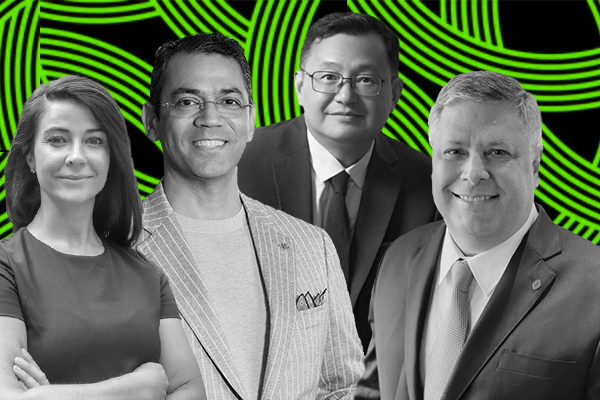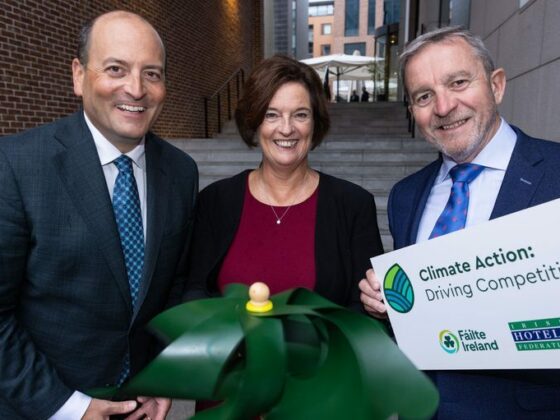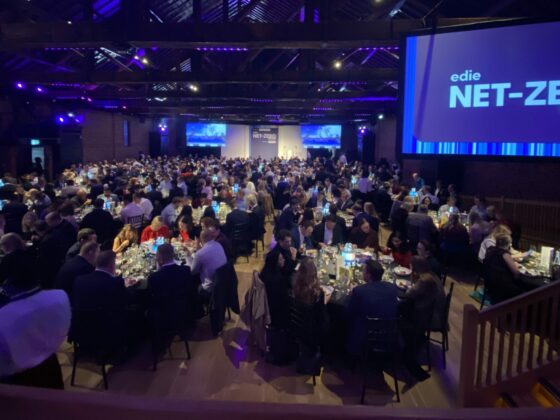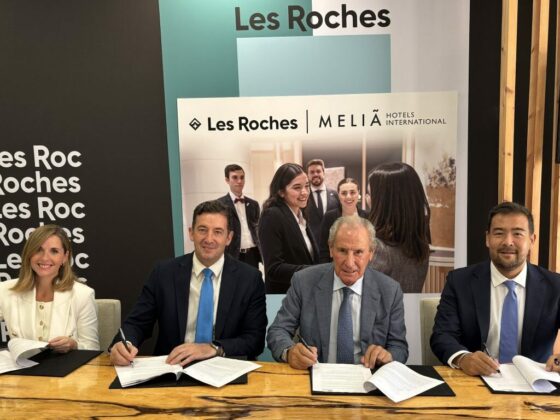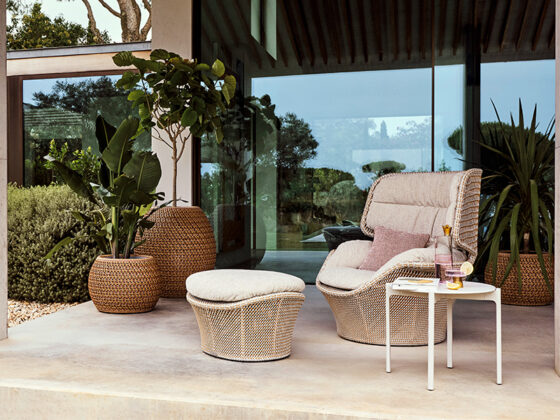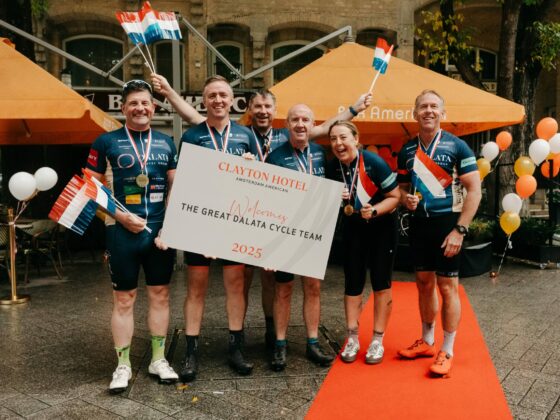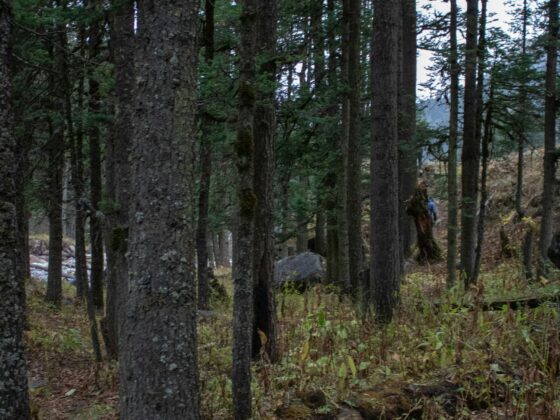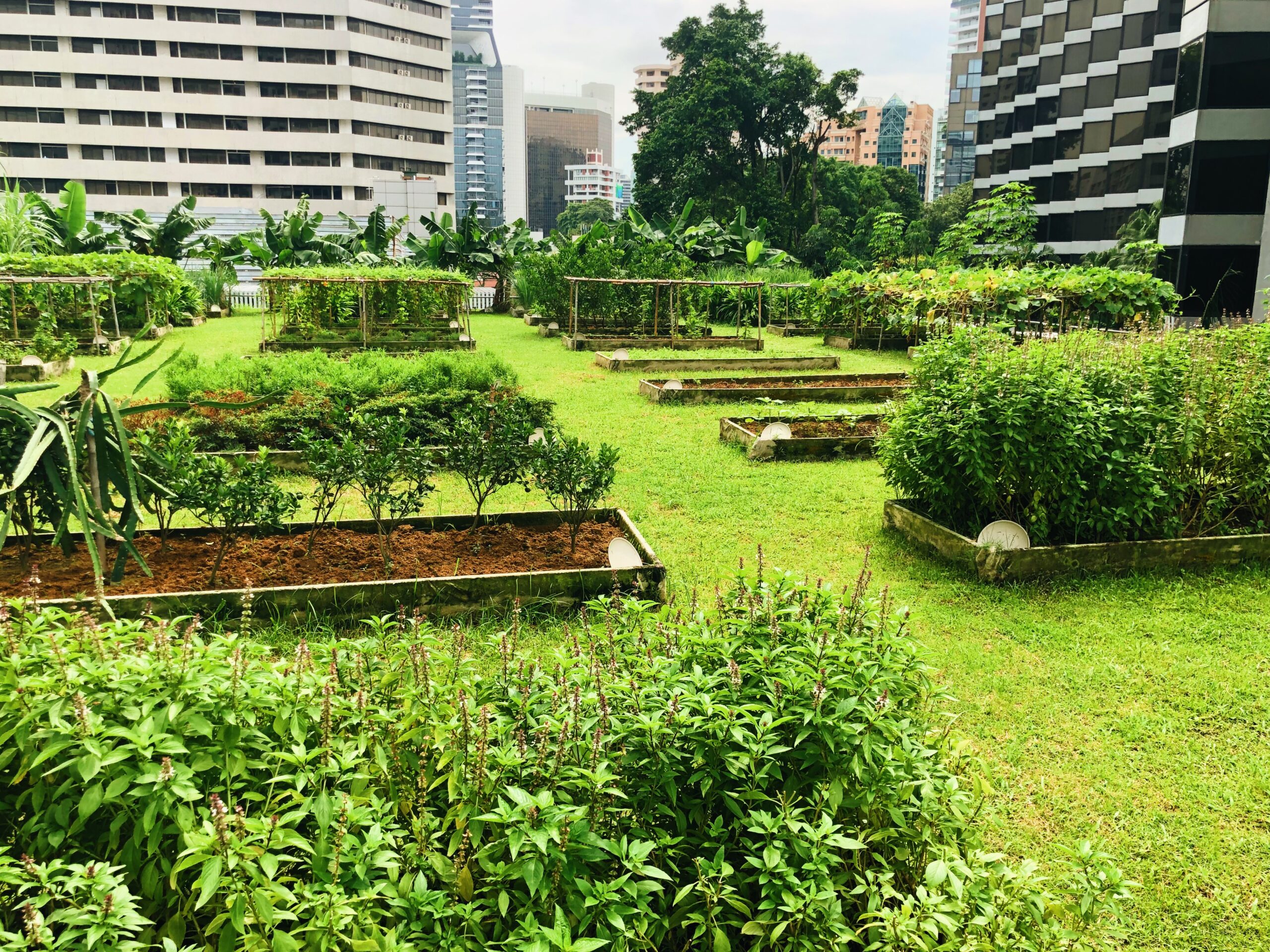
Waste not want not
A main focus for Grand Hyatt in its sustainability initiatives has also been to focus on food waste. Studies have suggested that hotels waste around 35% of food purchased and this was a key area for the hotel.
They did so by using LightBlue Consulting to track and reduce food waste and its associated costs. They are also the first hotel in Singapore to implement a cloud-based tracking system from Wisefins to measure the carbon footprint of every dish in their restaurants. As Sebastian Kern, Executive Assistant Manager – Food & Beverage explains, “Insights from LightBlue helped the Culinary and F&B Teams refine buffet operations and portioning strategies, resulting in leaner displays, smarter replenishment cycles and reduced excess. Meanwhile, Wisefins provided a detailed look at the carbon footprint of individual dishes, supporting the transition toward lower-impact ingredients and improved preparation techniques.” Now over 80% of organic vegetables are sourced locally or regionally, and 50% of seafood is certified sustainable. After a six-month period across restaurants’ Pete’s Place and Straits Kitchen, and the central production kitchen, the hotel achieved a 43% reduction in average food waste per guest, diverting over 13 tonnes of food from waste and avoiding more than 34,000 kilograms of CO₂ emissions.
The hotel also introduced a new, fully automated and contactless WasteMaster 1000, which replaced the older facility. The WasteMaster converts excess food into odourless, pathogen-free inert material while retaining up to 95% of its energy and nutrients. This could then be fed to cultivated tilapias at the Metro Farm. From there, waste from the fish would be filtered and used to fertilize crops at the hotel’s rooftop herb garden in a healthy, pesticide-free way. Those greens would then be harvested for use in the hotel. The result is a full-circle, closed-loop system that supports Singapore’s 30-by-30 food resilience goal.

